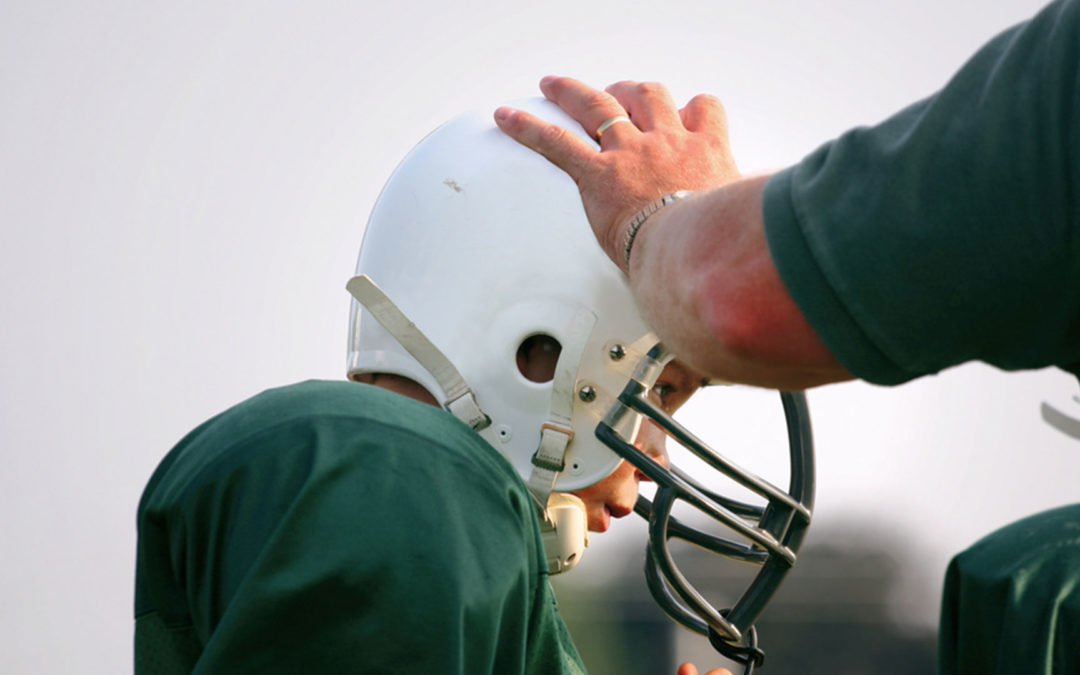As a parent, you go to extreme lengths to ensure the safety of your children. In today’s sports, there has become a fine line between encouraging a sports dream and risking long term health. Here are some suggestions of what you can do to reduce the risks and keep your child safe before joining a team.
Before You Join a Team
Look at available leagues and teams before you sign your child up.
Does the league provide information on the coach and their background? What experience does the coach have teaching youth? Do they have certifications or credentials to coach? Have they been educated in concussion recognition? It’s important to know different leagues have different standards. Some leagues allow volunteer coaches, such as the YMCA, while others require coaches to have special certifications. If you’re interested in knowing who your child’s coach is and learning about their background, contact the league directly
Is the sport level appropriate for your child?
It can be difficult to really assess your child’s skill. Honest consideration can set your child up for long-term success. When starting a sport for the first time, look for a team and coach that give your child a chance to learn the sport before throwing them in a group with highly skilled and/or physically mature peers
Reinforce with your children to listen to the coach and learn proper techniques.
Heading in soccer, tackling in football, diving in volleyball, baseball, or softball are all high-level skills. Proper form and practice are the best line of defense in concussion prevention. Youth sports is not the time to build professional athletes
Ensure proper equipment is purchased and properly fit.
Helmets were never intended to prevent concussions, and no helmet can. Helmets were designed to prevent skull fractures. They have continued to evolve to help with decreasing risks for concussion when properly fit, and worn as intended.
You can find studies to prove both sides of the story. Keep this in mind when purchasing items such as “concussion headbands and/or helmets”. These products are still being tested and researched. Some argue these products produce a false sense of security and can increase concussion risk. Know that add-ons to helmets can void the warranty of the helmet. There is a potential for increased risk of injury due to increased weight placed on the head
Mouth guards can decrease concussion risk, again if fit properly. Makes sure they cover the back teeth. Your dentist can make custom guards for a relatively nominal fee
Know the Risks Before the First Practice
- Concussions are not a “football problem” or a “boy problem.” Genders do not dictate concussion risk. Concussions can happen during ANY sport or activity. From tennis to hockey, boating to hunting; knowing the signs and symptoms of a concussion is key, not exclusively the activity
- Concussions have an accumulative effect, especially if they are mismanaged. One or more concussions can have serious health consequences
Listen to the Experts
Certified athletic trainers are becoming more available at youth events. We are experts in the concussion assessment and management and we understand the importance of sports to you and your child. It’s our goal to ensure safety during participation and return to activity and to provide you as a parent with important.
Learn More About Bryan Health Athletic Training
As athletic trainers, we provide professional athletic training coverage through partnerships with local high schools, youth sports organizations, and local community hospitals.

Rachel Hall
Health Expert
Rachel Hall is a Bryan certified athletic trainer.








